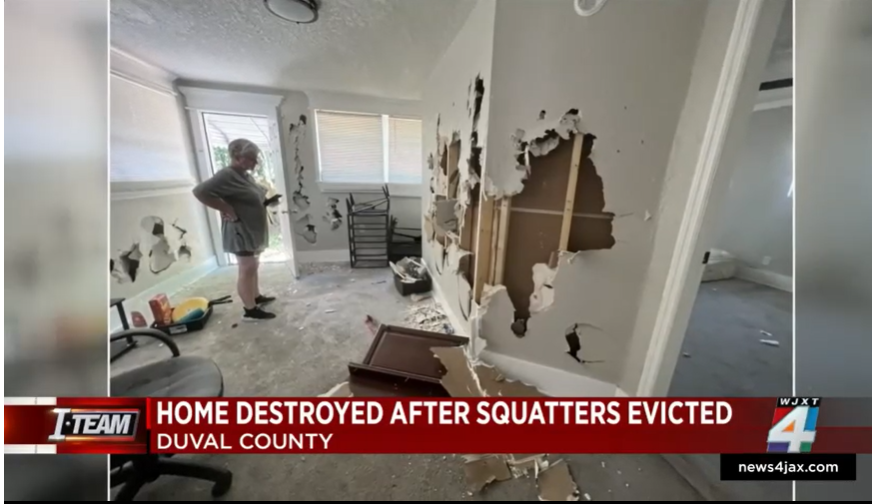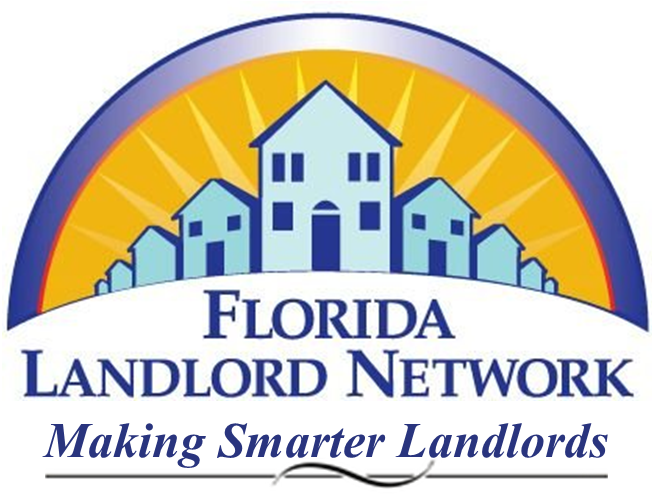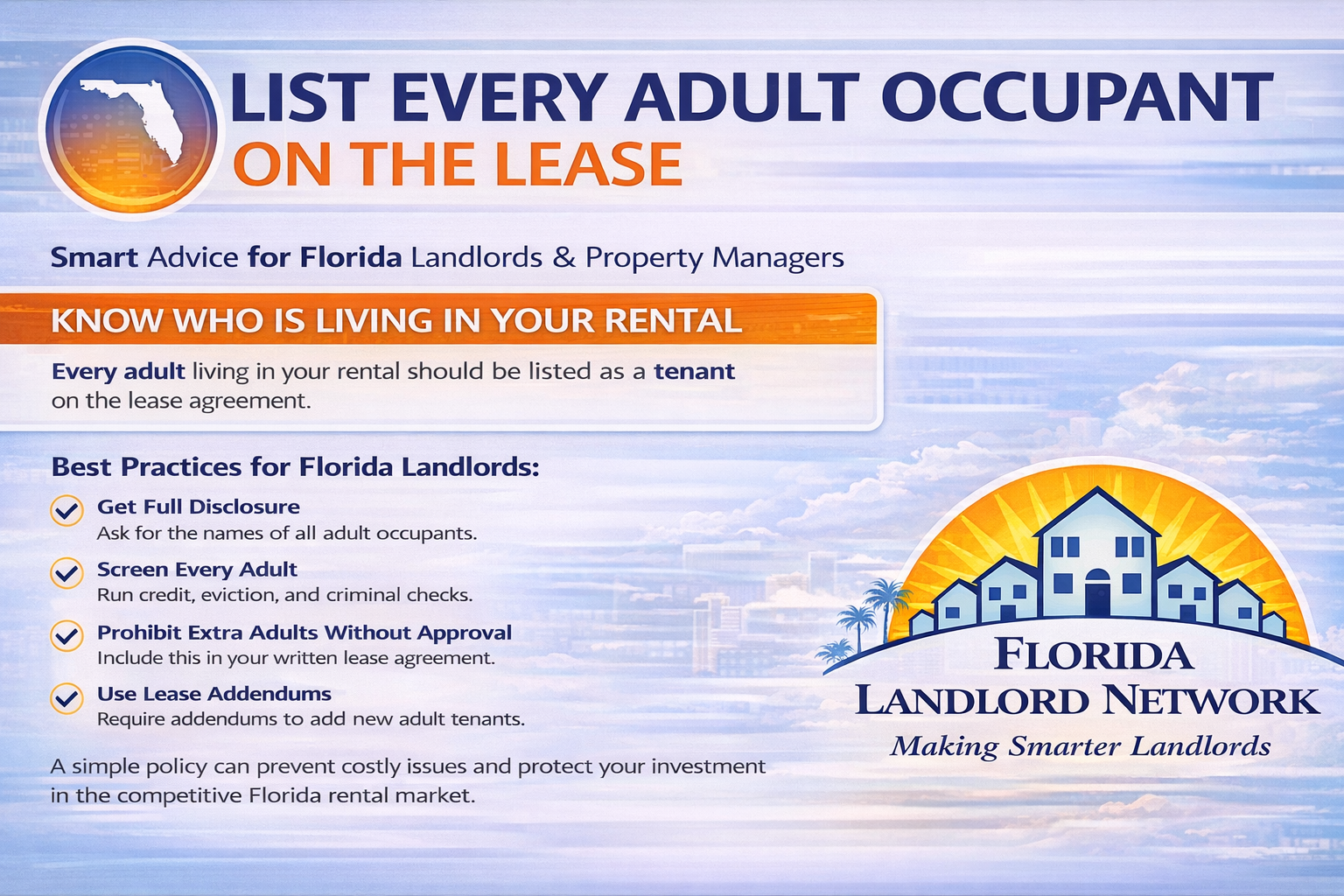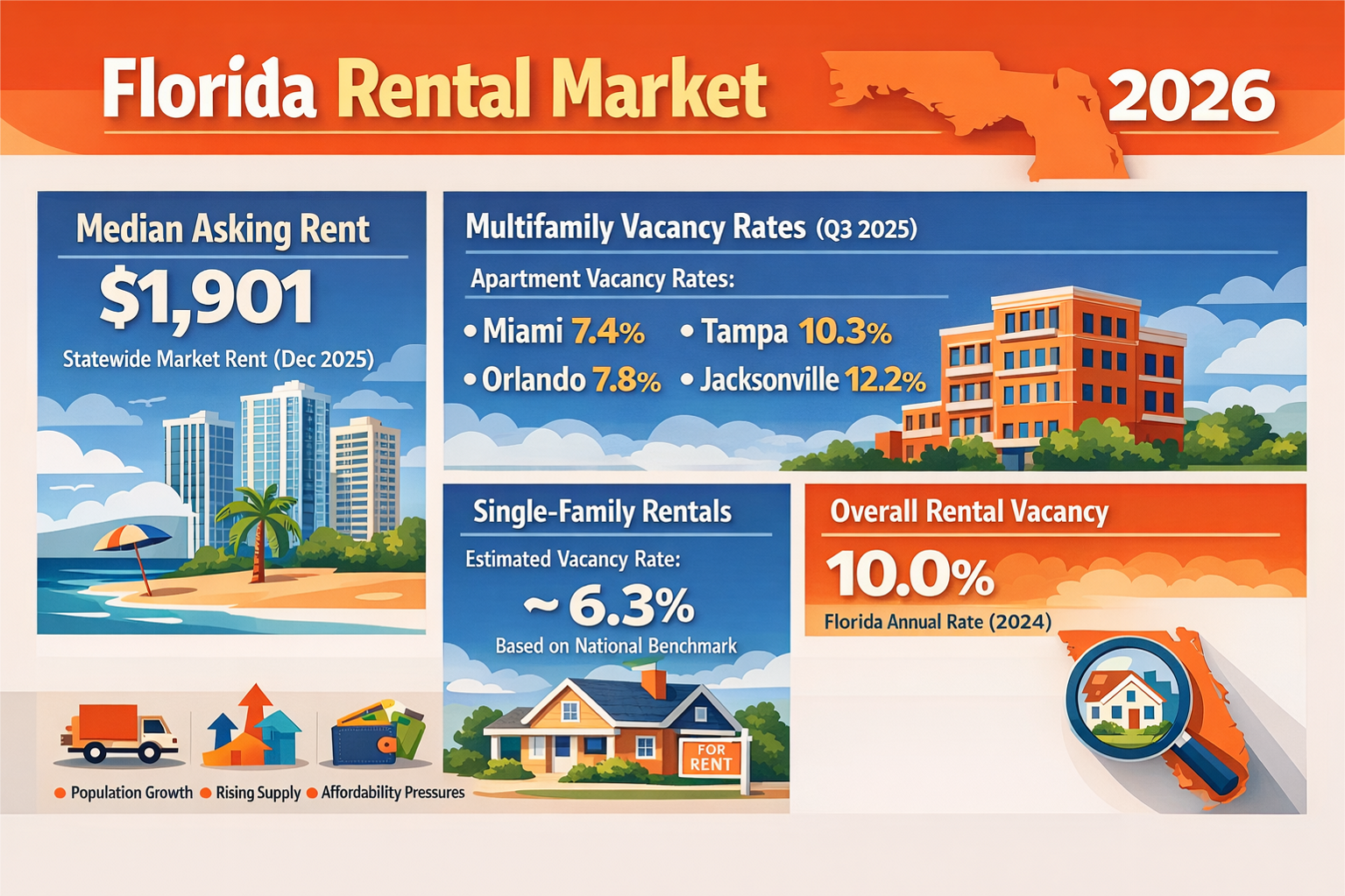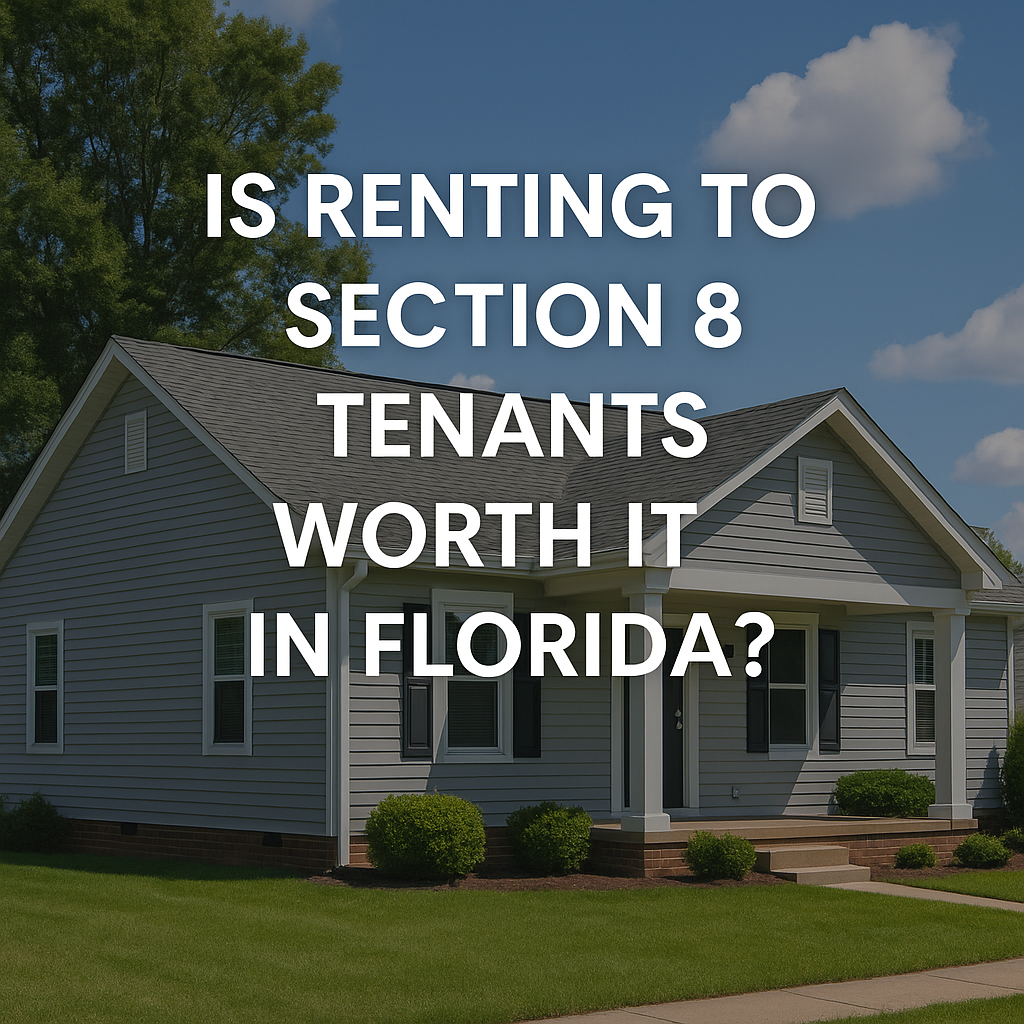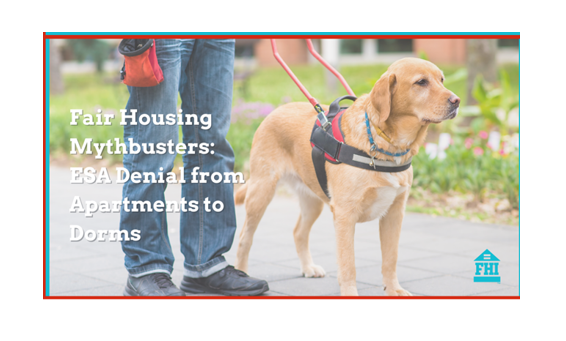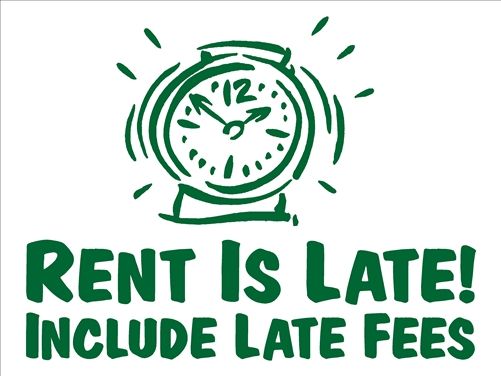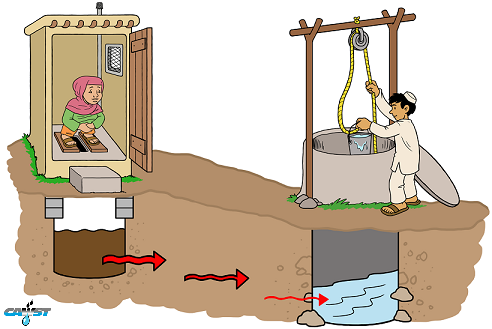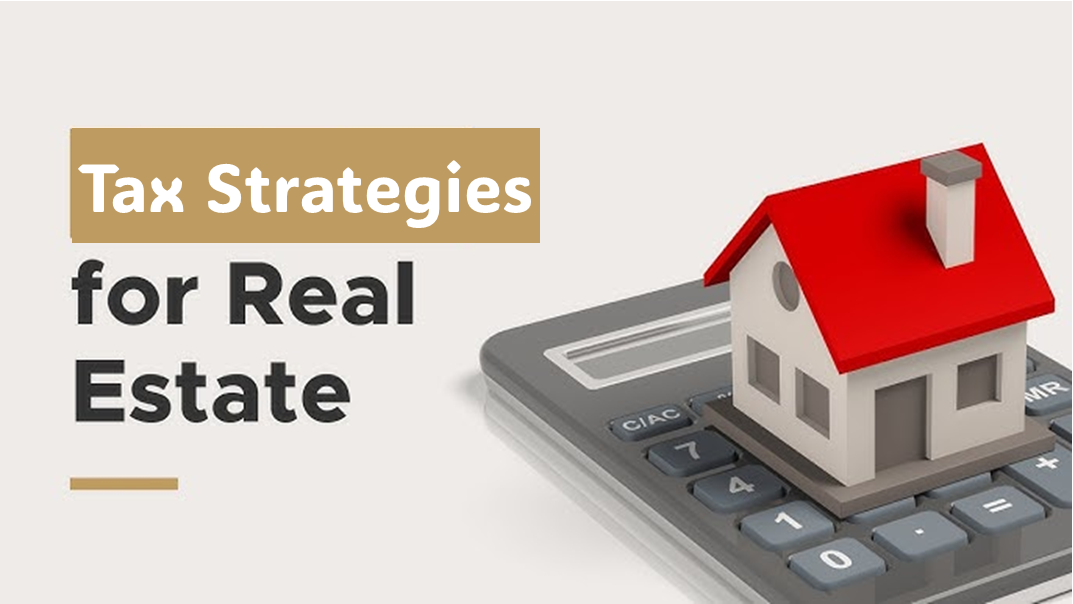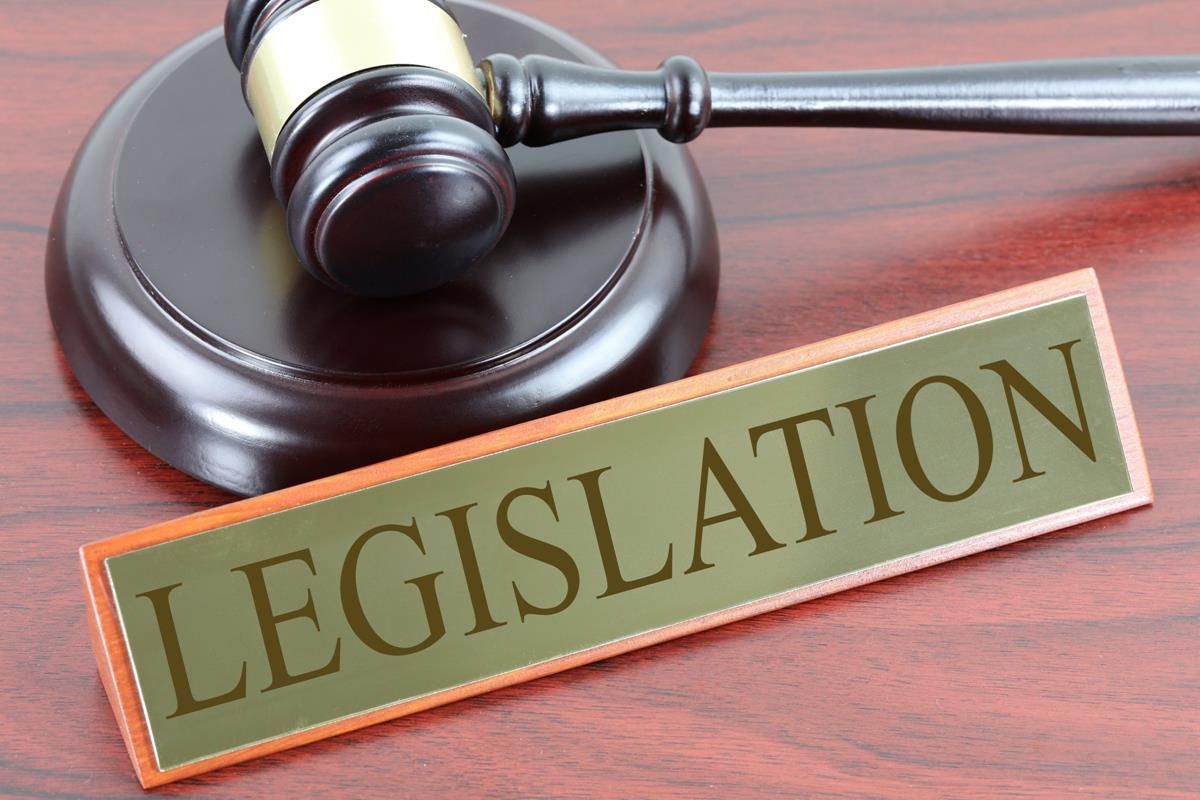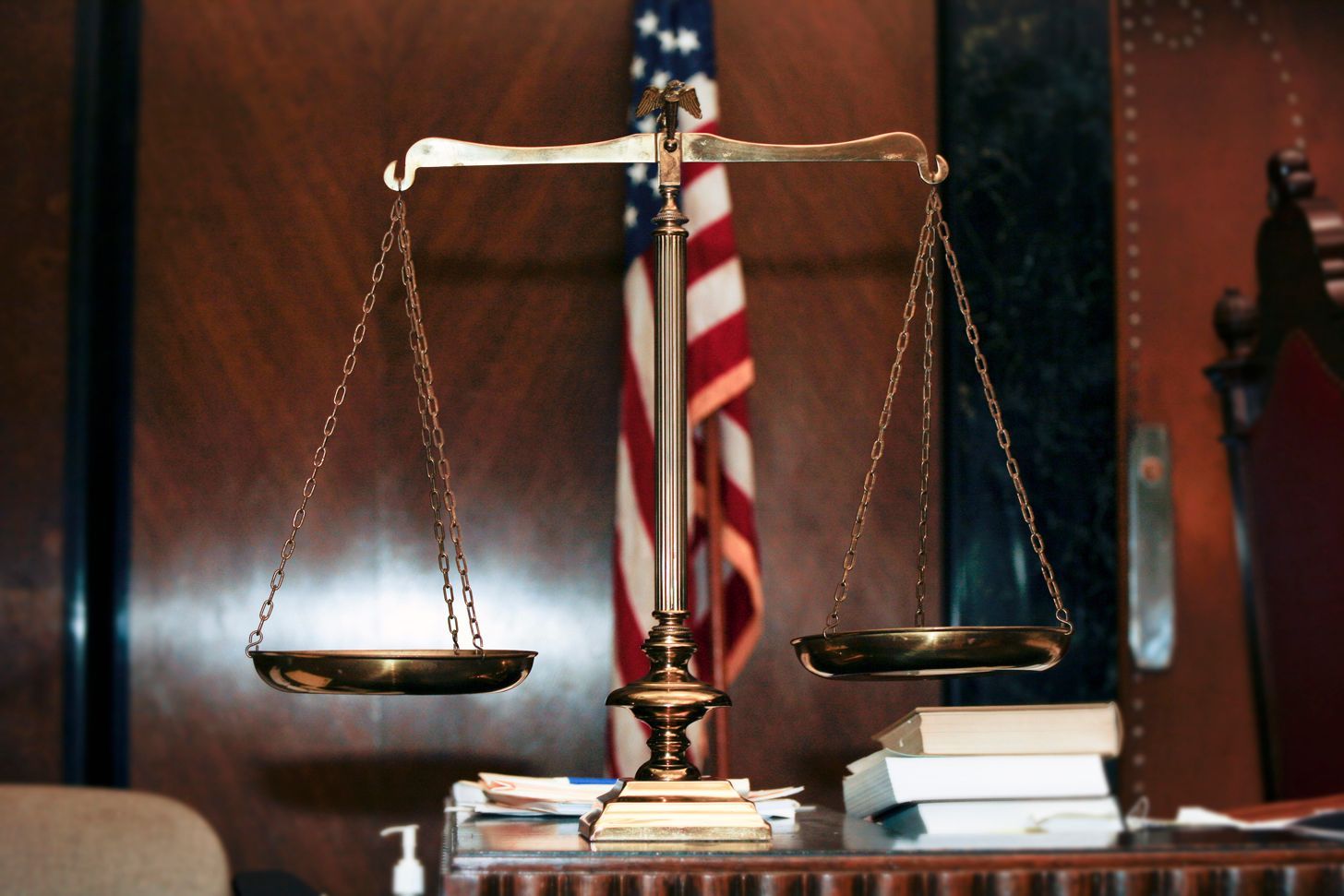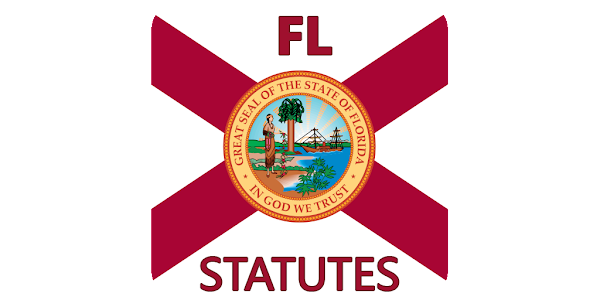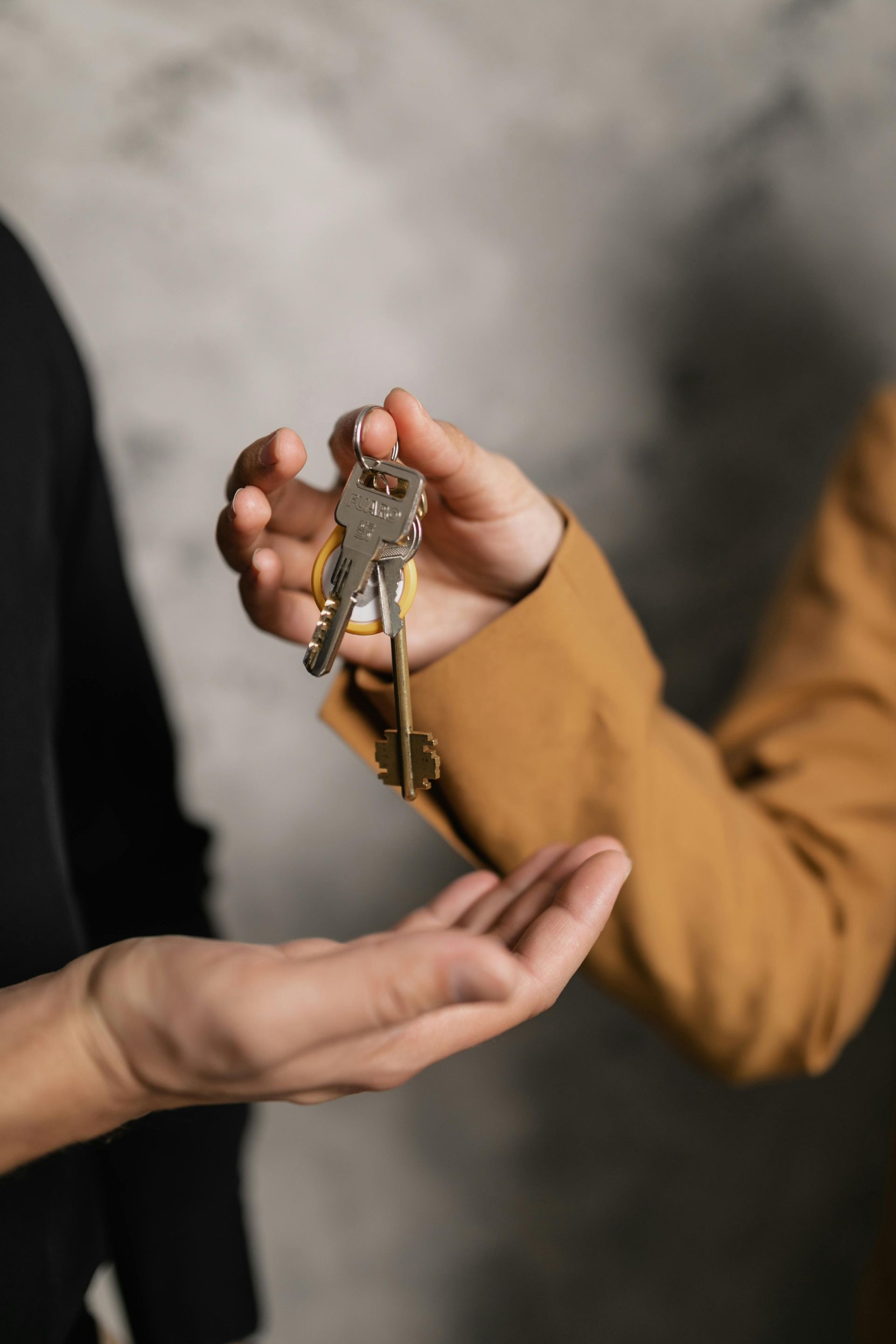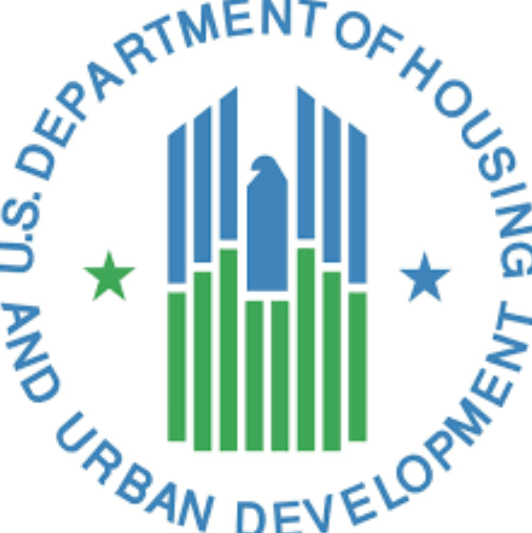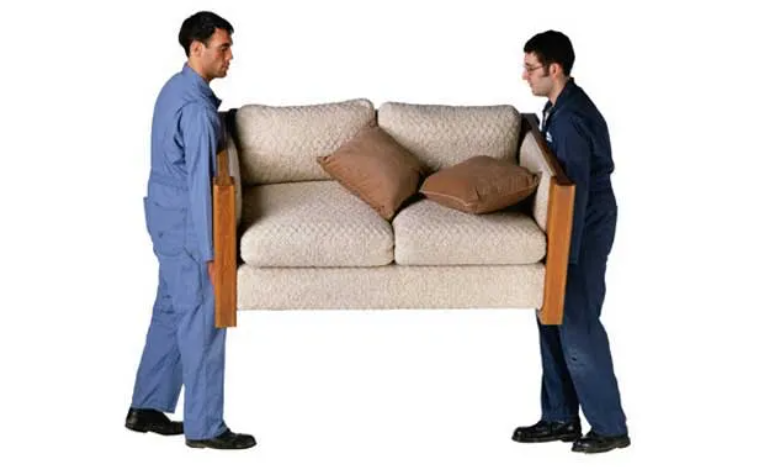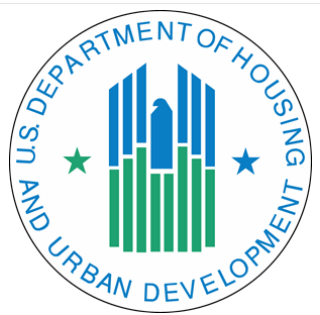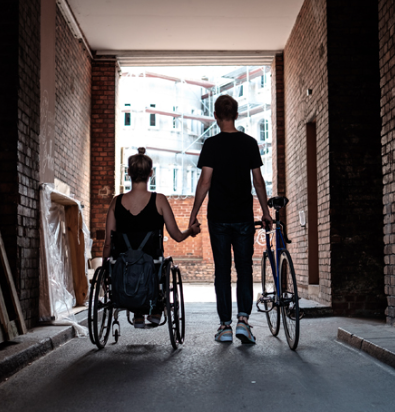
Fair Housing: Persons with Disabilities
What are Reasonable Accommodations?
Source
Title VIII of the Civil Rights Act is the Fair Housing Act. The intent of the Fair Housing Act is to ban discrimination on the basis of race, color, sex, religion, national origin and disability in most housing transactions. Families with children are also protected. The Act requires landlords to make "reasonable accommodations" for persons with Disabilities.
The Act defines a Reasonable Accommodation:
A change, exception, adaptation or modification to a policy, program or service that allows a person with a disability to use and enjoy a dwelling. The term also applies to public and common use spaces.
The Fair Housing Act requires owners and landlords to make reasonable accommodations if the accommodation may be necessary to ensure that a person with a disability has equal opportunity to use and enjoy the dwelling.
What are some examples of Reasonable Accommodations?
- Allowing a person with a disability to mail their rent instead of delivering it to the office;
- Assigning a parking space closest to the exit or unit to tenants with mobility disabilities;
- Allowing persons with disabilities to keep service or other assistance animals, despite a general "no pets" policy;
- Not counting a home health aide, therapist, nurse, etc. as an additional tenant or guest;
- Allowing a tenant to move to a more suitable unit when one becomes available; and
- Releasing a tenant with disabilities, who must move because of his/her disability, from lease requirements.
A reasonable modification is a physical change made to a tenant or owner’s living space or to a common area that is necessary to ensure that the tenant or owner who has a disability has full enjoyment of the dwelling or space. Modifications are usually made at the tenant's expense, except in the case of federally funded housing.
The Fair Housing Act requires owners and landlords to allow the reasonable modification of a living spaces as well as some common areas if the modification may be necessary to ensure that a person with a disability has full enjoyment of the premises.
What are some examples of Reasonable Modifications?
- Building ramps over steps to allow wheelchair access
- Installing lever door openers instead of knob openers
- Widening door openings by installing swing-away hinges or wider pocket doors
- Installing grab bars and hand rails
- Installing wheelchair accessible shower stalls
- Changing tub faucets to an off-set location
- Removing under-the-sink cupboards in bathrooms
- Lowering light switches
Funds may be often available to assist individuals to pay for modifications. Check with both your area Center for Independent Living and your city and county government to request financial assistance paying for a modification.



